Humans of Harker: Dual discoveries
Karina Chen communicates through artistic and verbal language
“Being able to convey my emotions to an audience and being vulnerable to a group of people are aspects that I’ve grown in regarding dance. Learning how to take risks is a skill that has followed me outside of dance. There have been a lot of struggles throughout my years of dancing, but it has really taught me how to be persistent and resilient even when things get tough,” Karina Chen (12) said.
Minutes before her number is called, Karina Chen (12) puts on her headphones and presses “play.” Listening to the music of her upcoming routine, she envisions herself on stage, deliberately selecting the emotions and storyline she wants to portray.
Dancing since she was 8 years old, what started off as an activity “just for fun” progressed into her main outlet to express her emotions.
“When I first started dancing, I was really drawn into the concept of being on stage and being able to escape my everyday life for even a couple of minutes. As I got older, I started to feel more deeply and really emotionally connect with whatever dance I’m performing,” Karina said. “When I think about a certain dance or performance, I try to connect [it to] an experience from my own life so that I can bring more real emotions to my dancing.”
No matter how seamless it looks on stage, each routine entails long rehearsals and late nights in order to produce a clean and well-prepared performance.
“Dance has always been a demanding and time consuming activity because of how many rehearsals and practices it requires,” Karina said. “But whether it’s in the studio or on-stage, when I’m able to express my emotions to a group of people in ways other than speaking, that’s a really rewarding experience, more than winning a competition or something like that.”
Performing as a soloist as well as a member of dance teams at school and with her competitive team, Karina maintains a mindset of making the most out of the moment.
“As a group before we go on stage, we always huddle together, hype each other up and remind ourselves to not take it too seriously and have fun on stage. Ultimately, we’ve worked hard for so long, and this is the moment to enjoy it,” she said “That’s a really important part of being a part of a team because you create that bond with each other, and as your bond gets stronger, you also get stronger as a team.”
Having spent 15 hours every week in the studio for the past decade, Karina has gained many skills that transcend dance.
“Being able to convey my emotions to an audience and being vulnerable to a group of people are aspects that I’ve grown in regarding dance. Learning how to take risks is a skill that has followed me outside of dance,” she said. “There have been a lot of struggles throughout my years of dancing, but it has really taught me how to be persistent and resilient even when things get tough.”
Karina’s work ethic and humility are among the stand-out traits recognized by her friends as well as teachers.
“Karina is such a well rounded student and performer. I’ve been lucky to work with her as a dancer but also as a student. She has such a strong work ethic, and she is humble in how she presents herself within our Harker community even though she is so smart and so incredibly talented as a dancer,” upper school dance director Karl Kuehn said. “When she says something, everyone listens because we all know that it’s going to be worthy of our attention.”
Having experienced the joy of dancing and performing, Karina strives to spread that thrill to others in her community. Since her sophomore year, she has volunteered at a local non-profit, Friends of Children with Special Needs (FCSN), to share her love of dance with students with special needs.
“When I heard of this opportunity, I immediately wanted to do it because it combined some of my past experiences [working with individuals with special needs] with my passion for dance,” she said. “When I see them performing on stage, performing a song or dance that they worked hard on all semester, they look really happy and joyful; that makes me really happy that they’re also experiencing the same joy that I get through performing arts.”
Her friends’ favorite moments with her center around quality time spent, which speak to her kindness and empathy to friends and strangers alike.
“She’s always there for me. Even if I’m going through a crisis at 3 a.m., I’ll text her, and she’ll respond. She’s very non-judgmental,” longtime close friend Kristin Tong (12) said. “Every single lunch, we sit at this bench, and we just give each other updates. I think lunch with her was a period where I could chill.”
Having known Karina since freshman year, close friend Sophie Wang (12) admires the time and effort Karina puts into her passions.
“I watched her grow into a fantastic individual. She’s really been able to find her passion in dance and what she loves to do,” Sophie said. “In that process, she’s developed a lot of values that I also really appreciate: her tenacity, her grit and how kind she is as a person.”
While Karina used the arts as a form of communication from a young age, it wasn’t until she took a sociophonetics course the summer after her sophomore year that she discovered her interest in a different — yet more traditional — form of language: linguistics.
“This course was focused on how your speech can impact certain social situations and looking at them in a more scientific way. Up until this point, my way of expressing myself to others was through the arts. But now, I definitely appreciate language a lot more,” Karina said. “Through taking this course [and doing research], it really broadened my view on how important communication is [and] how much language evolves over time; you really do recognize how powerful [language] is.”
With communication being an integral part of daily life, Karina has applied her knowledge of linguistics to other avenues including her dance and community service.
“Something that I’ve taken away from my discoveries is connecting this to my community service work. Some of the special needs students have trouble communicating or have speech struggles, so I feel like [my work with linguistics] helps me understand how their struggles impact their life,” she said. “Also, for a team [dance], communicating with each other what storyline and emotions we want to portray on stage is important.”































![Setter Emma Lee (9) sets the ball to the middle during the match against Pinewood on Sept. 12. “[I’m looking forward to] getting more skilled, learning more about my position and also becoming better friends with all of my teammates, Emma said.](https://harkeraquila.com/wp-content/uploads/2023/09/DSC_4917-2-1200x795.jpg)








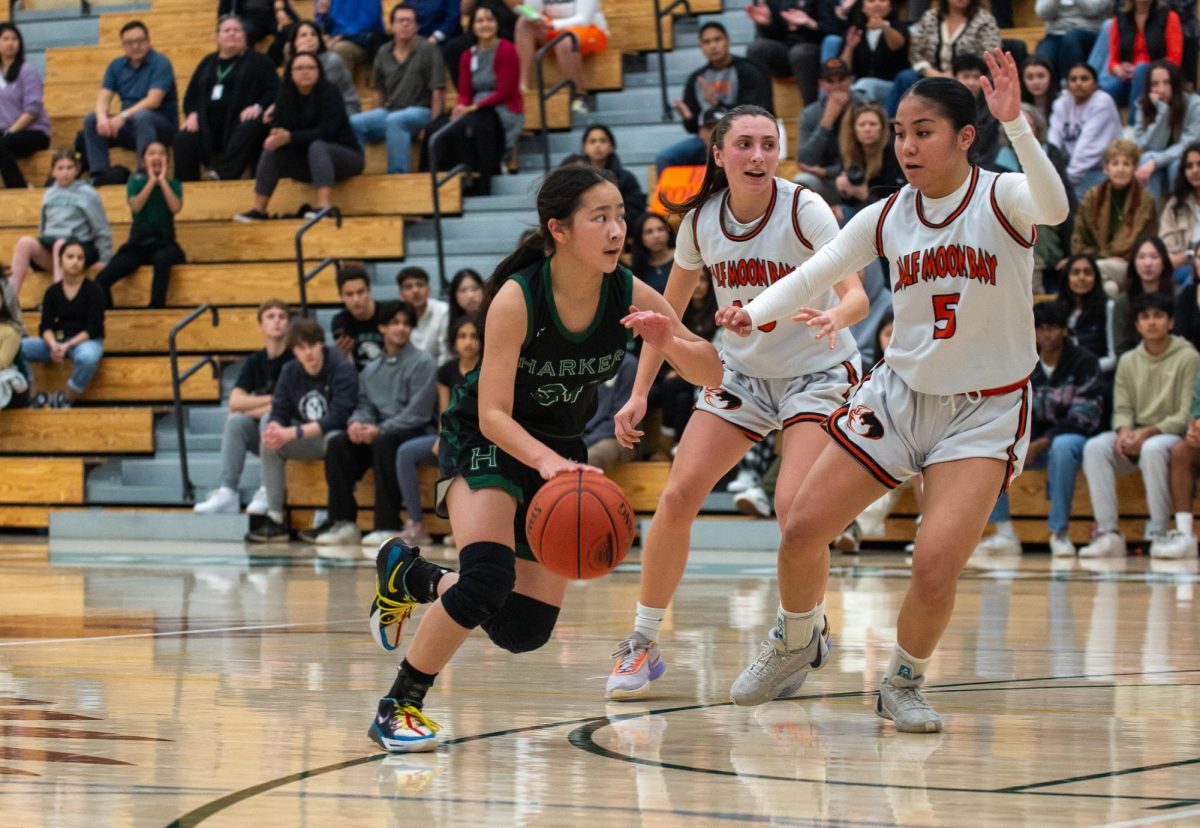























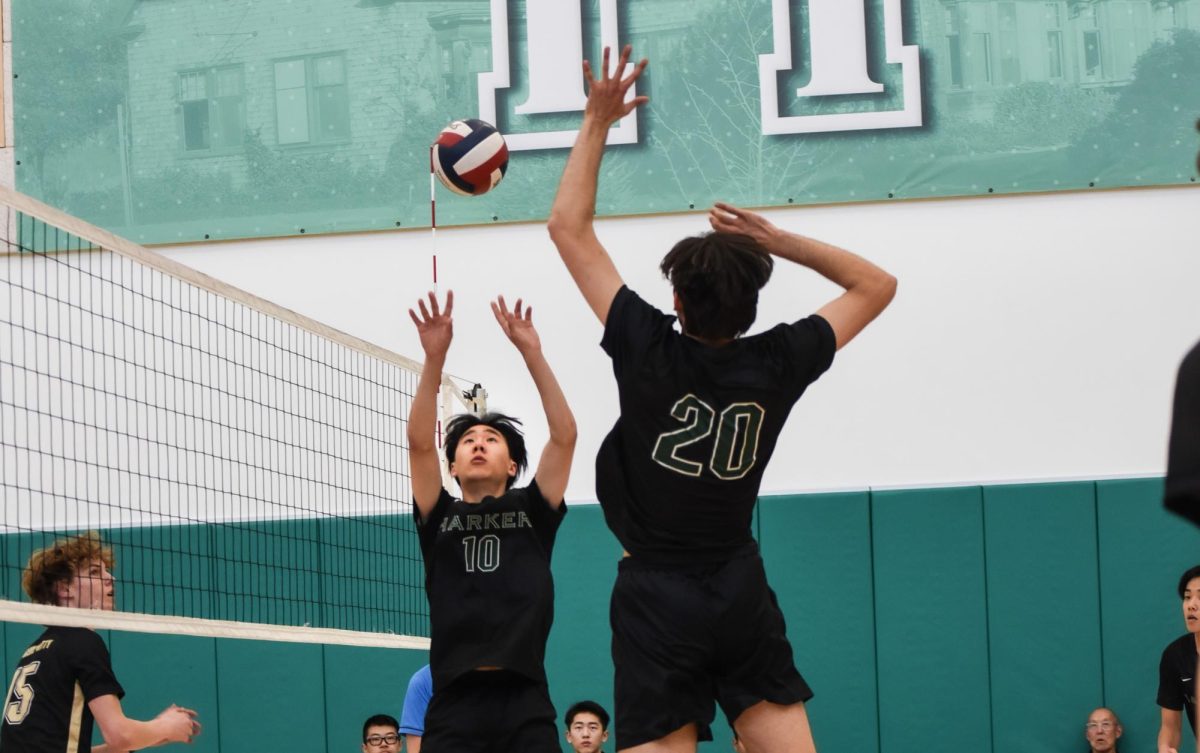
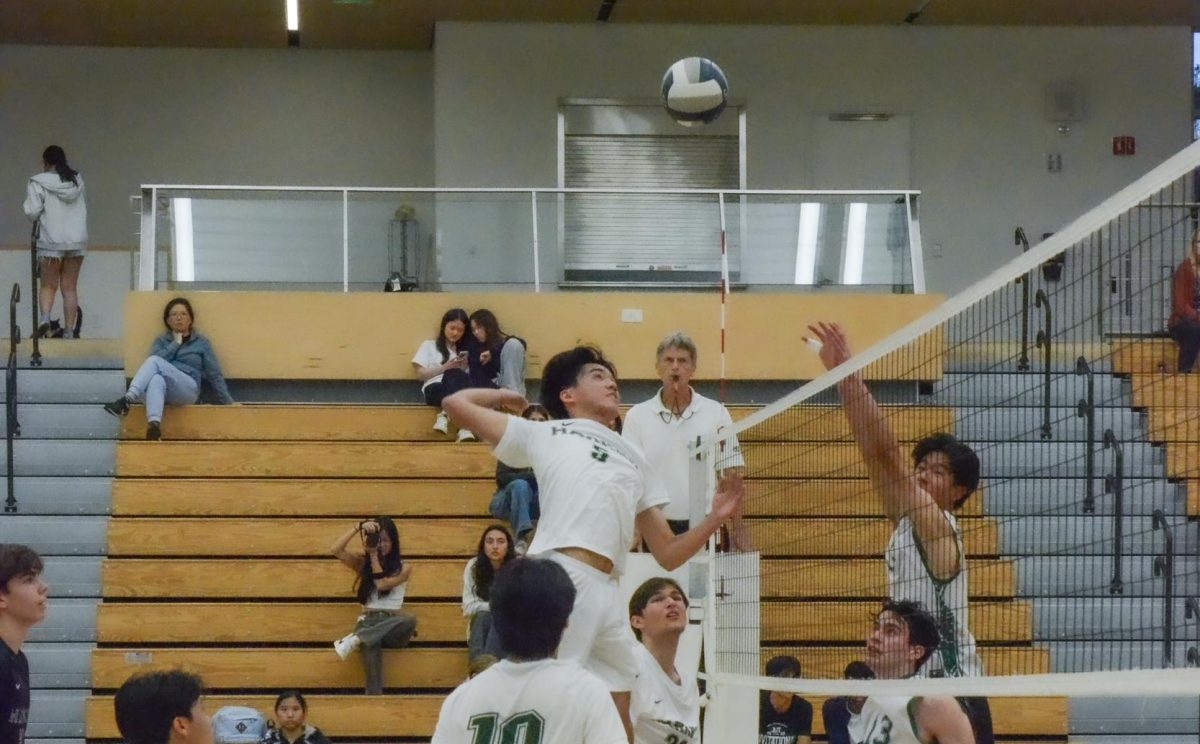
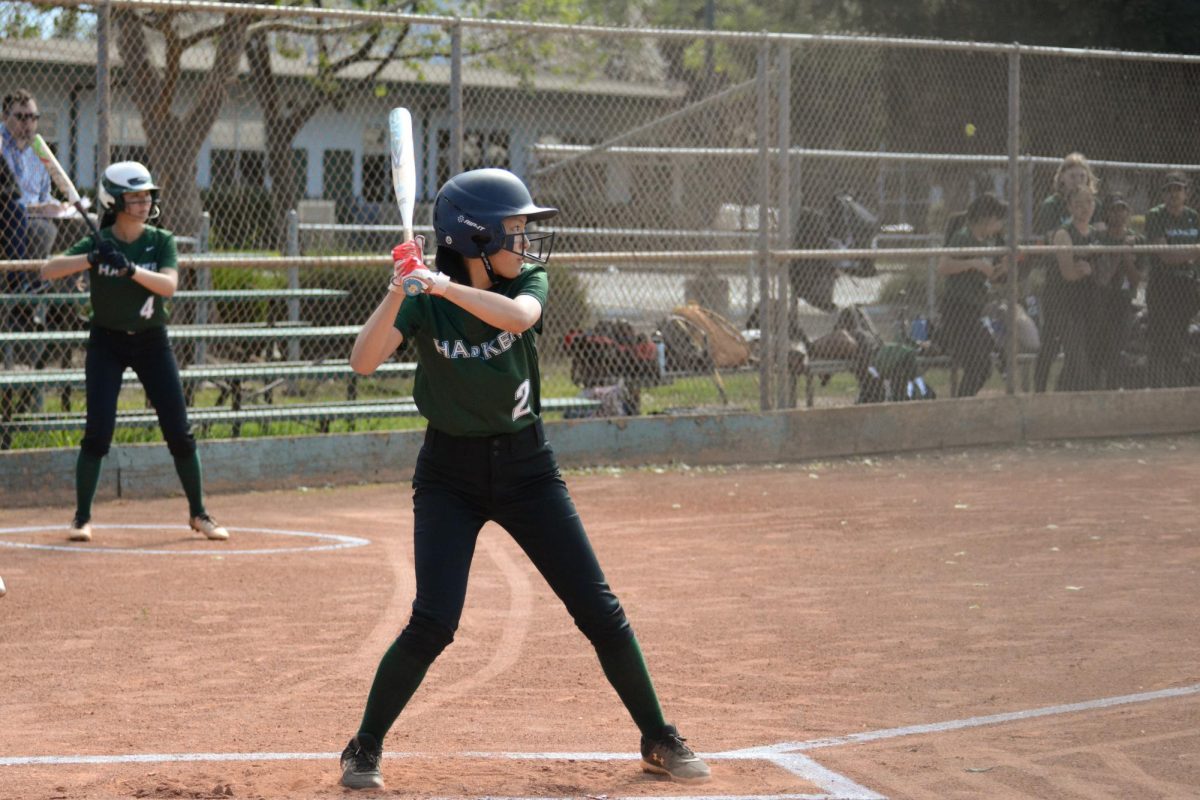
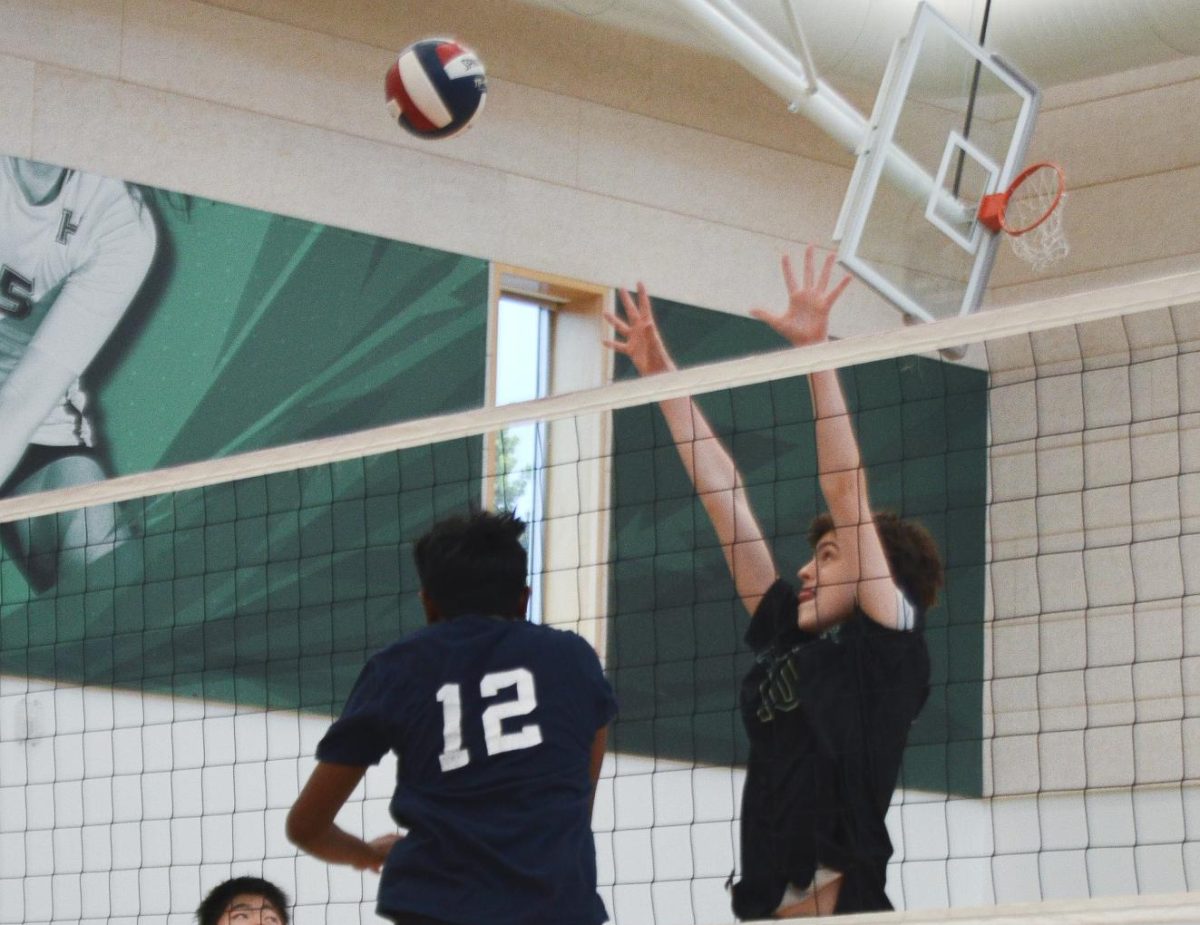
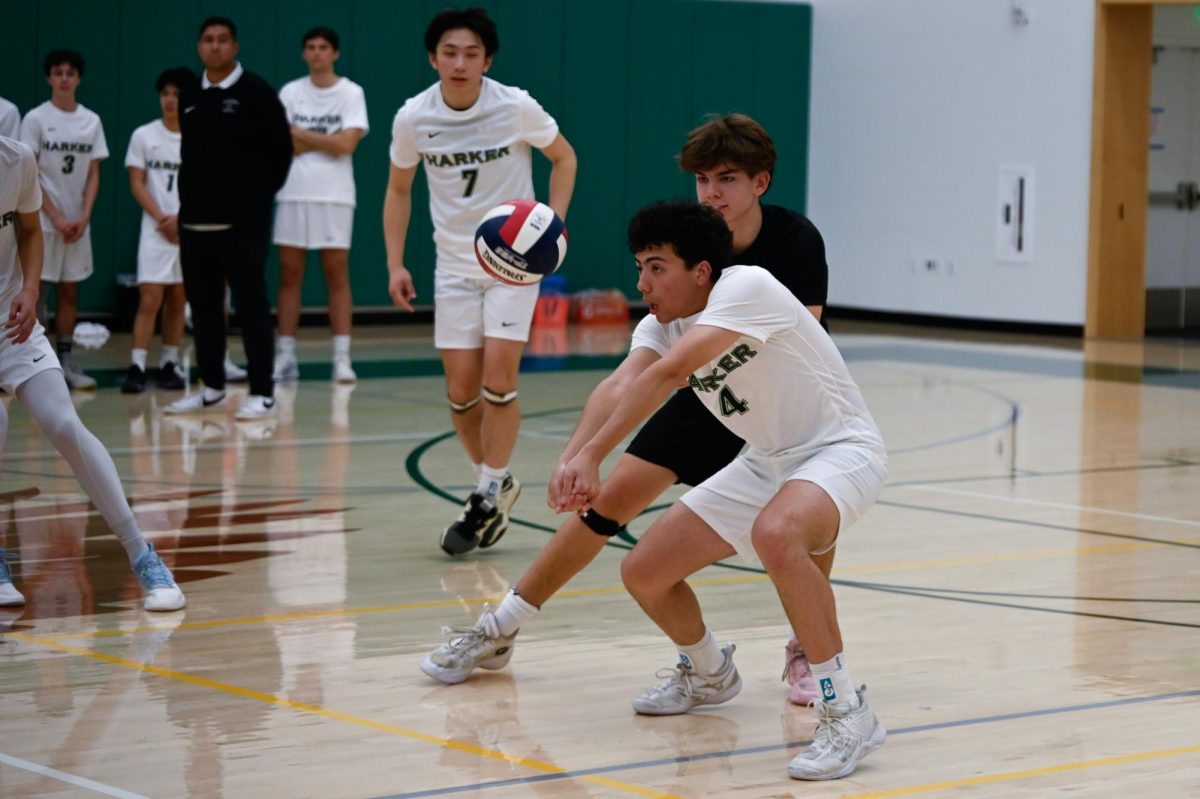



























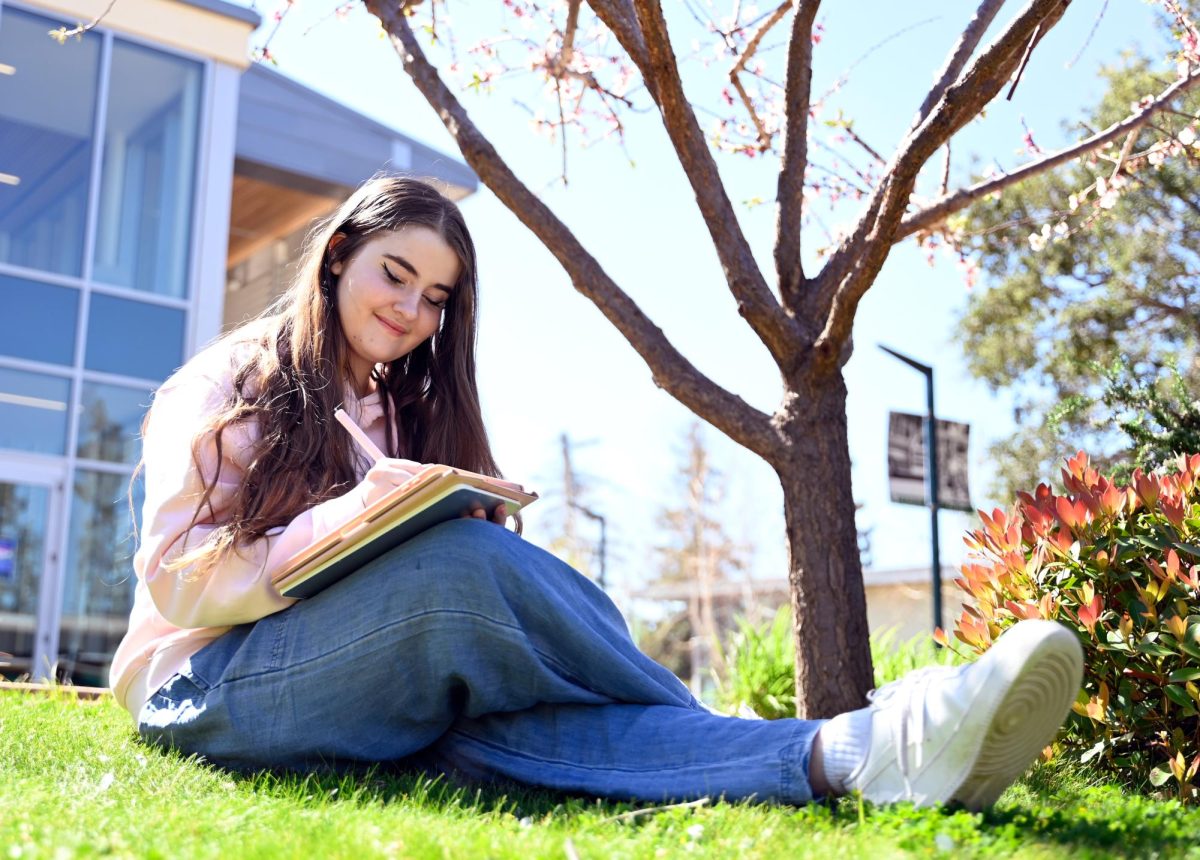
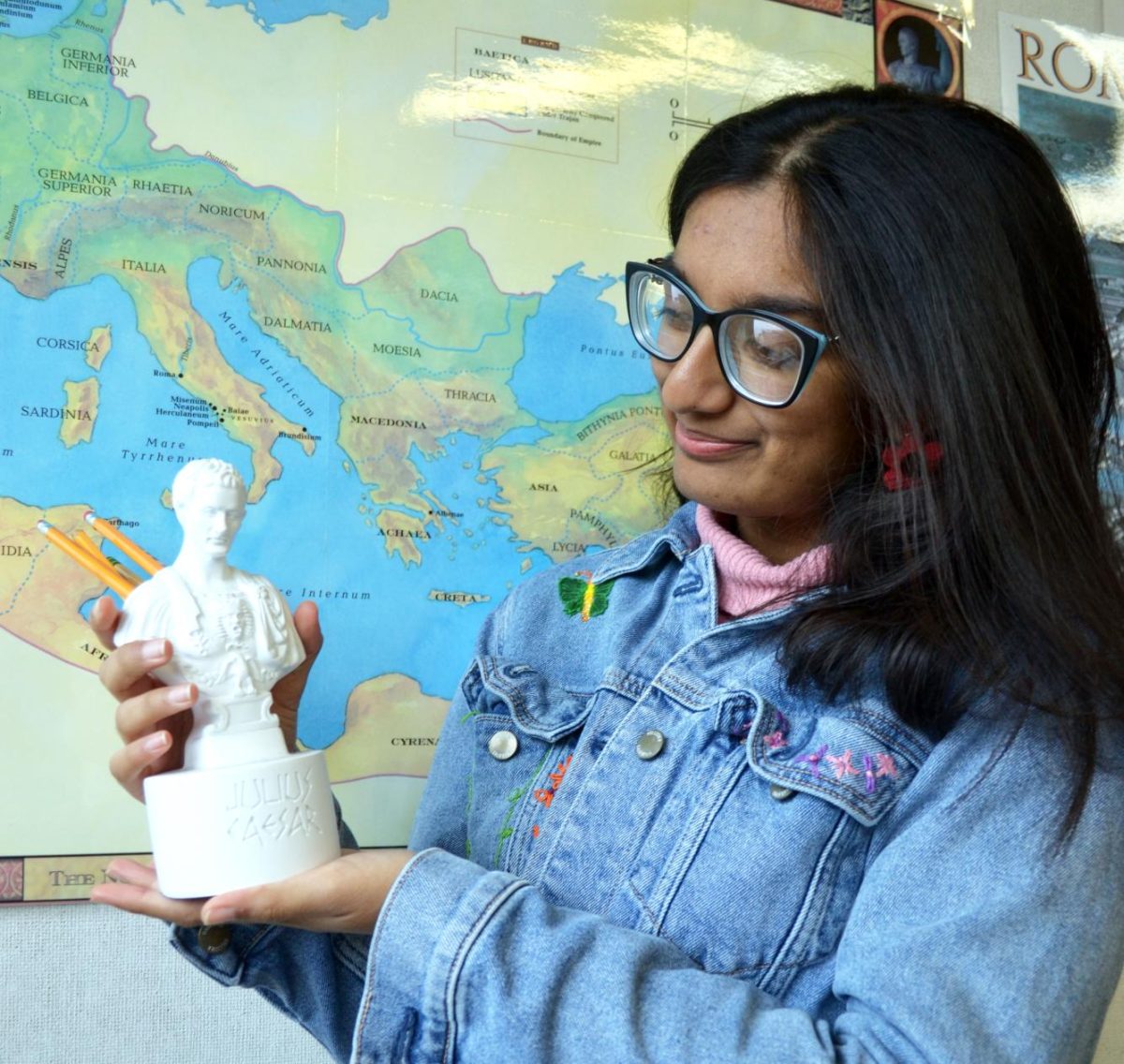
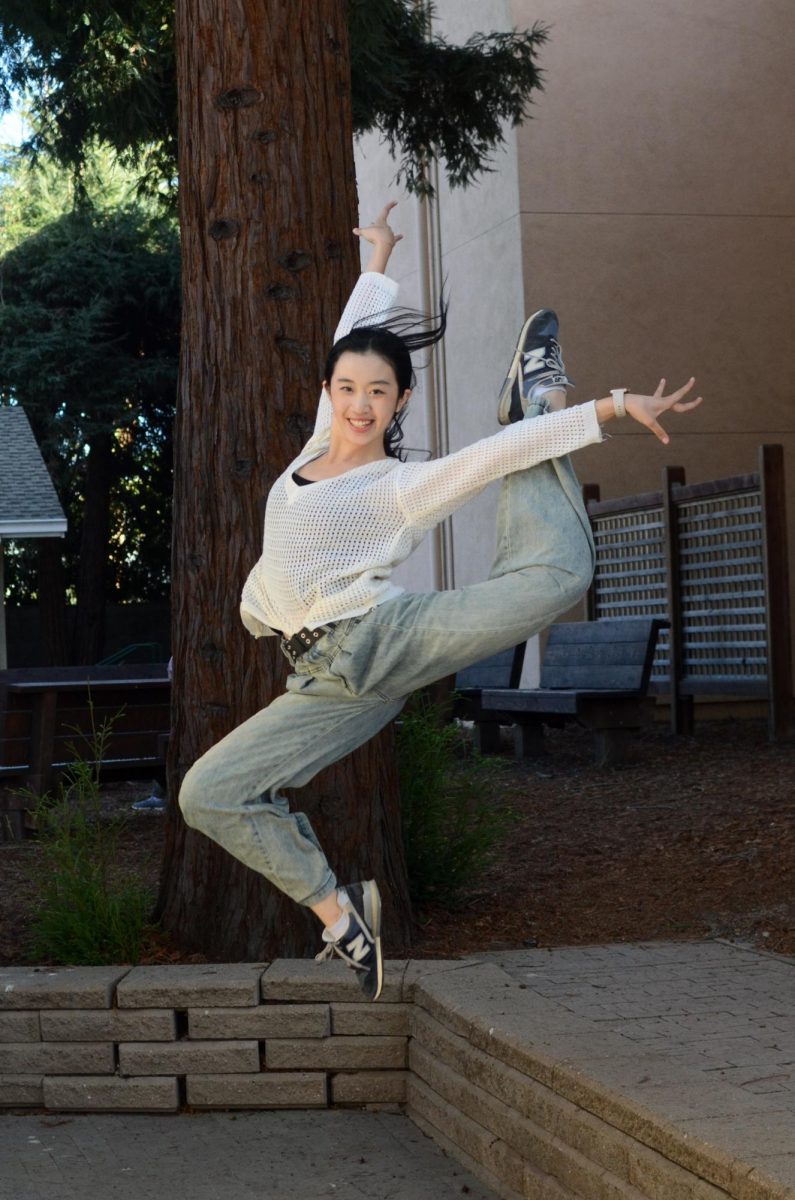
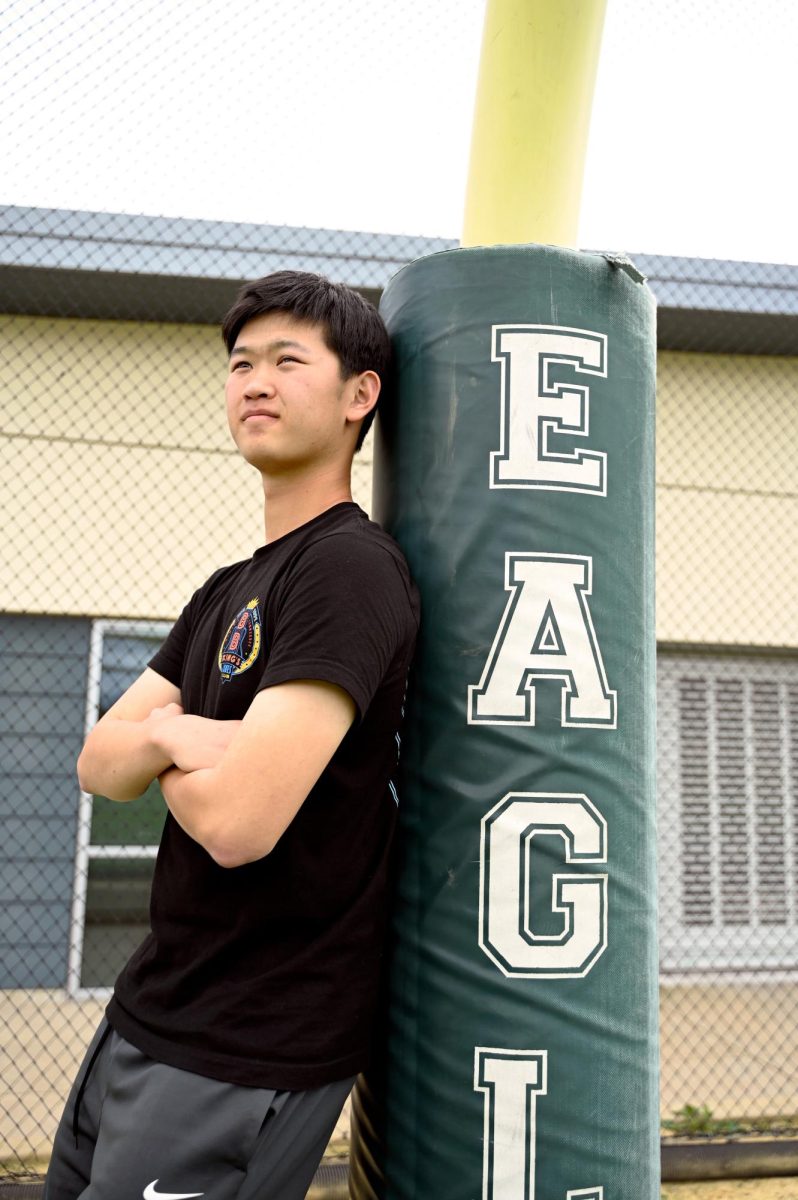
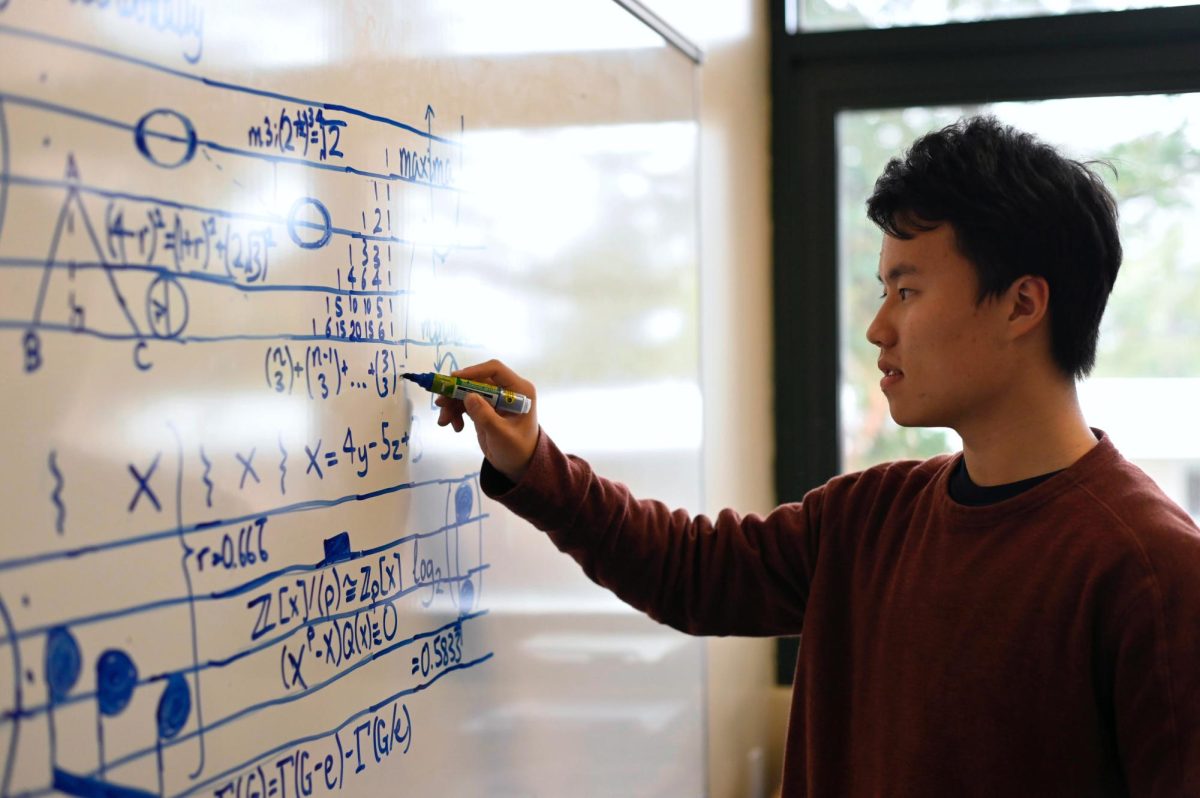
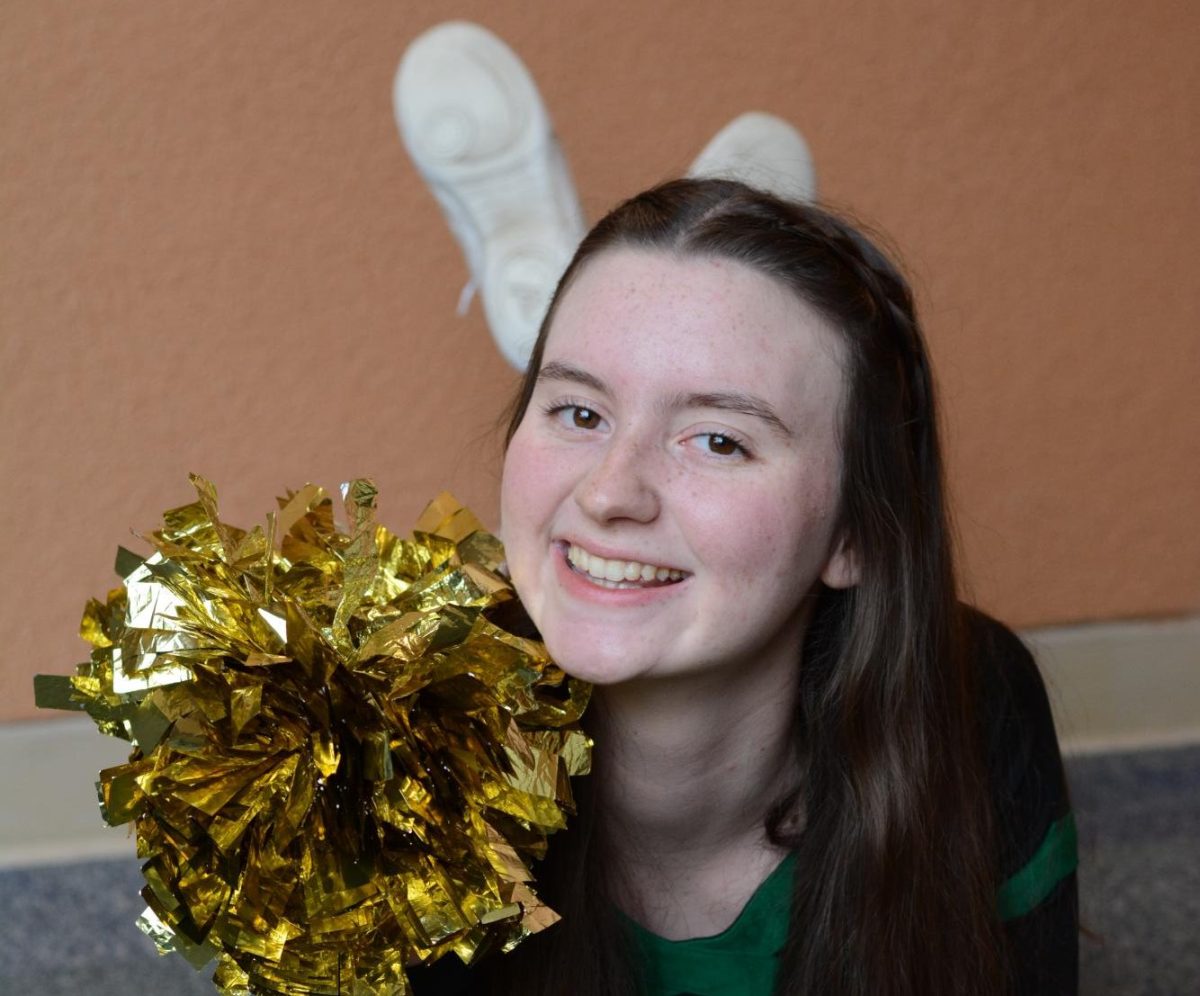








![“[Building nerf blasters] became this outlet of creativity for me that hasnt been matched by anything else. The process [of] making a build complete to your desire is such a painstakingly difficult process, but Ive had to learn from [the skills needed from] soldering to proper painting. Theres so many different options for everything, if you think about it, it exists. The best part is [that] if it doesnt exist, you can build it yourself, Ishaan Parate said.](https://harkeraquila.com/wp-content/uploads/2022/08/DSC_8149-900x604.jpg)


![“Animation just clicked in a way. I had been interested in art, but that felt different. [Animation] felt like it had something behind it, whereas previous things felt surface level. I wasnt making that crazy of things, but just the process of doing it was much more enjoyable, Carter Chadwick (22) said.](https://harkeraquila.com/wp-content/uploads/2022/08/Screen-Shot-2022-08-16-at-9.44.08-AM-900x598.png)


![“When I came into high school, I was ready to be a follower. But DECA was a game changer for me. It helped me overcome my fear of public speaking, and its played such a major role in who Ive become today. To be able to successfully lead a chapter of 150 students, an officer team and be one of the upperclassmen I once really admired is something Im [really] proud of,” Anvitha Tummala (21) said.](https://harkeraquila.com/wp-content/uploads/2021/07/Screen-Shot-2021-07-25-at-9.50.05-AM-900x594.png)



![“[Volleyball has] taught me how to fall correctly, and another thing it taught is that you don’t have to be the best at something to be good at it. If you just hit the ball in a smart way, then it still scores points and you’re good at it. You could be a background player and still make a much bigger impact on the team than you would think,” Anya Gert (’20) said.](https://harkeraquila.com/wp-content/uploads/2020/06/AnnaGert_JinTuan_HoHPhotoEdited-600x900.jpeg)

![“Im not nearly there yet, but [my confidence has] definitely been getting better since I was pretty shy and timid coming into Harker my freshman year. I know that theres a lot of people that are really confident in what they do, and I really admire them. Everyones so driven and that has really pushed me to kind of try to find my own place in high school and be more confident,” Alyssa Huang (’20) said.](https://harkeraquila.com/wp-content/uploads/2020/06/AlyssaHuang_EmilyChen_HoHPhoto-900x749.jpeg)













![“My slogan is ‘slow feet, don’t eat, and I’m hungry.’ You need to run fast to get where you are–you arent going to get those championships if you arent fast,” Angel Cervantes (12) said. “I want to do well in school on my tests and in track and win championships for my team. I live by that, [and] I can do that anywhere: in the classroom or on the field.”](https://harkeraquila.com/wp-content/uploads/2018/06/DSC5146-900x601.jpg)

![“I think getting up in the morning and having a sense of purpose [is exciting]. I think without a certain amount of drive, life is kind of obsolete and mundane, and I think having that every single day is what makes each day unique and kind of makes life exciting,” Neymika Jain (12) said.](https://harkeraquila.com/wp-content/uploads/2017/06/Screen-Shot-2017-06-03-at-4.54.16-PM.png)





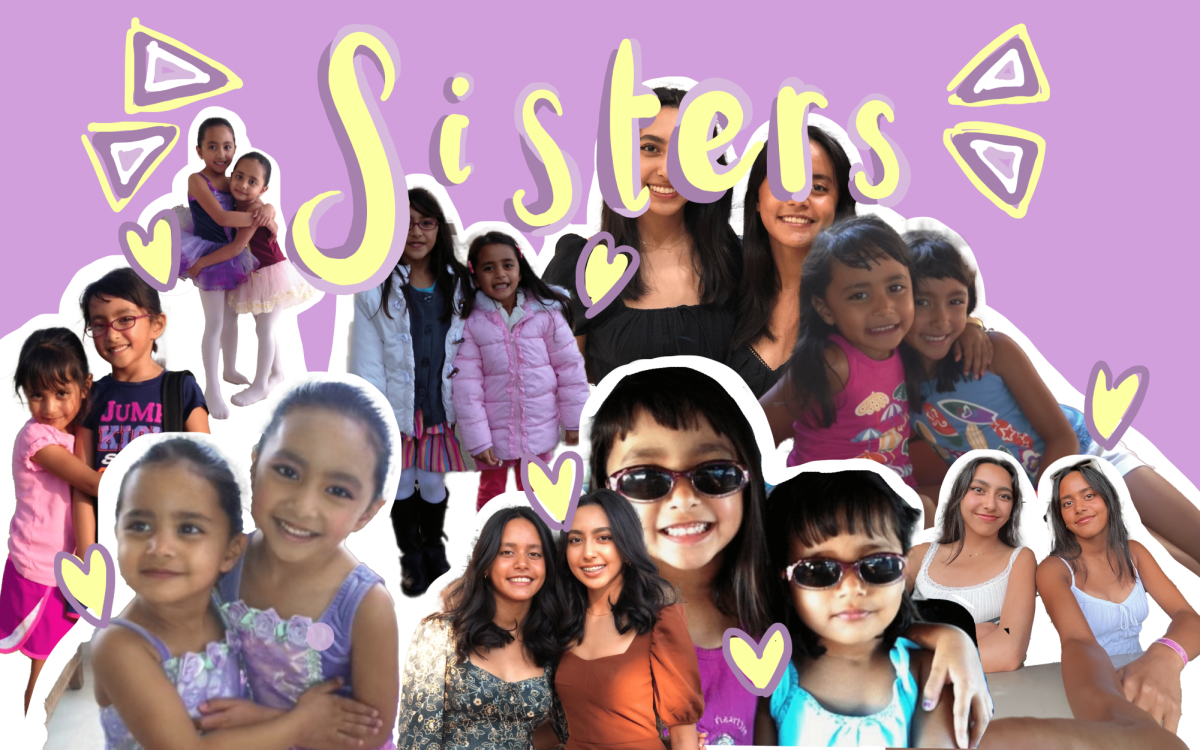
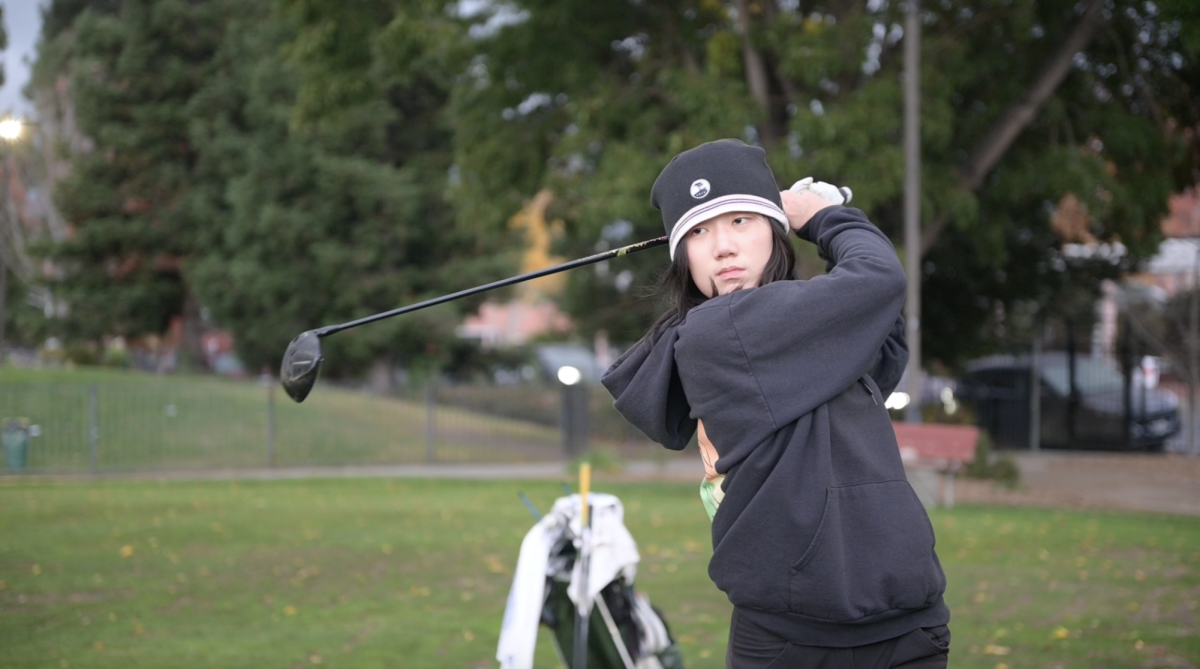
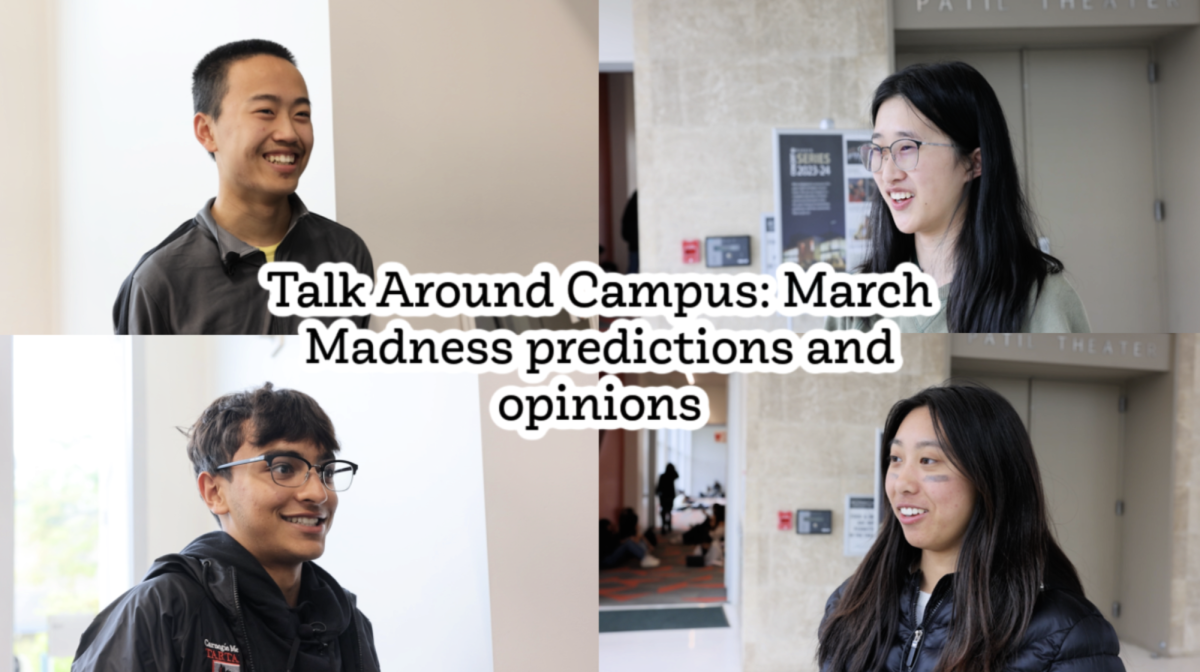
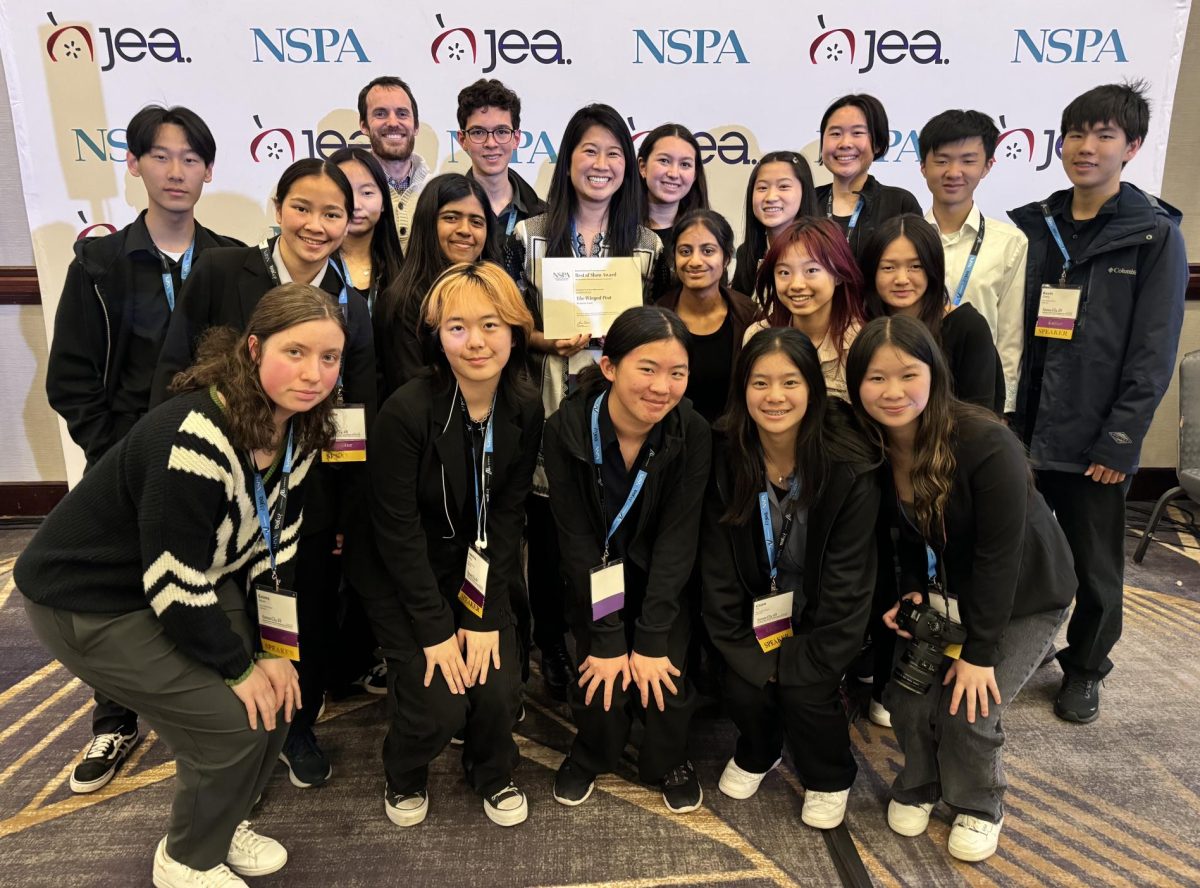
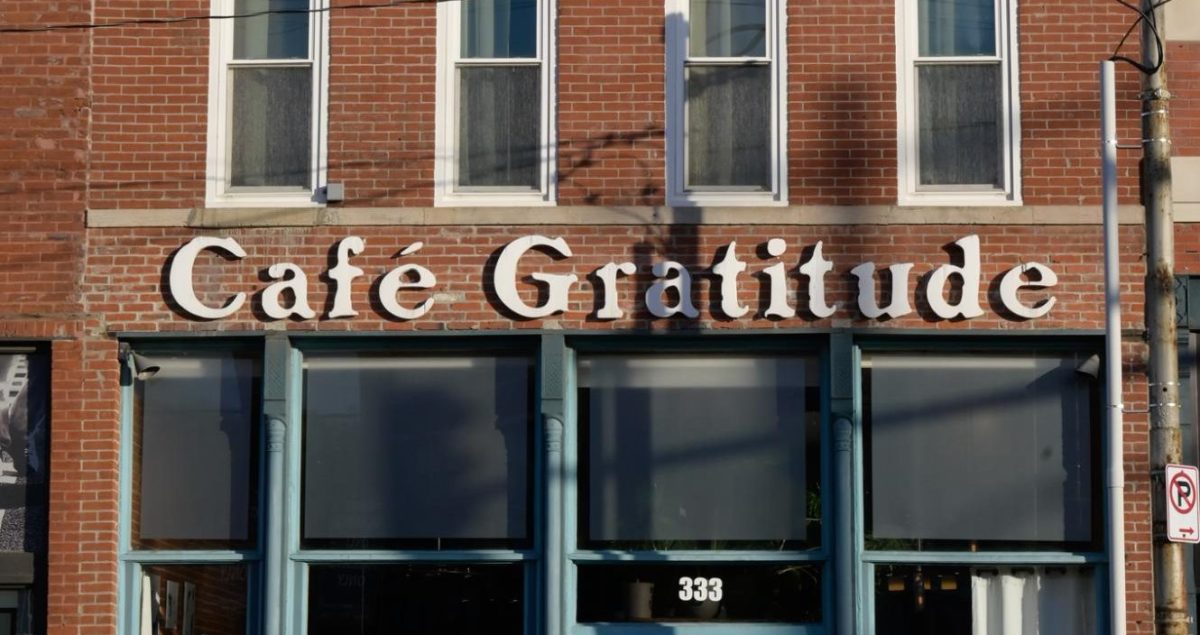

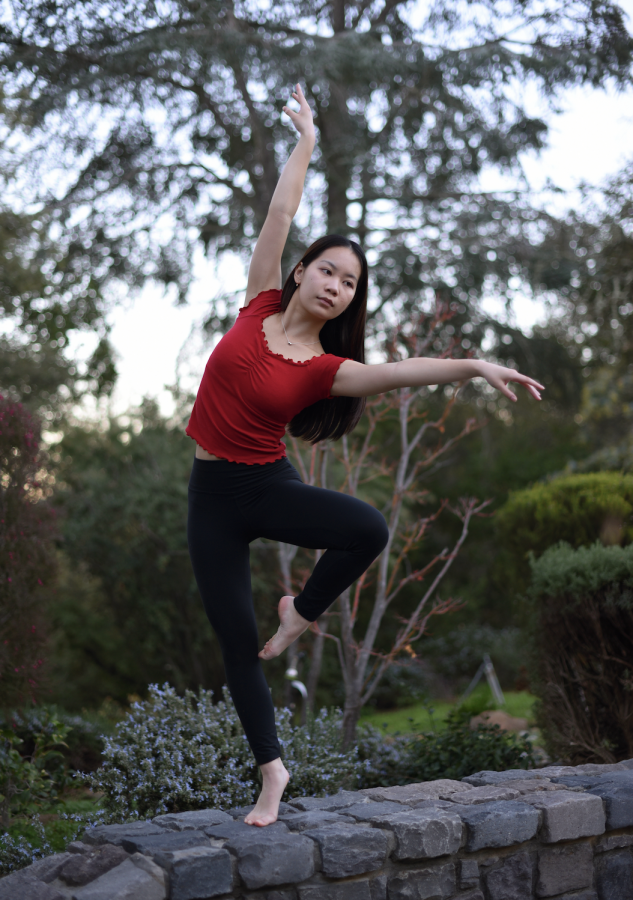
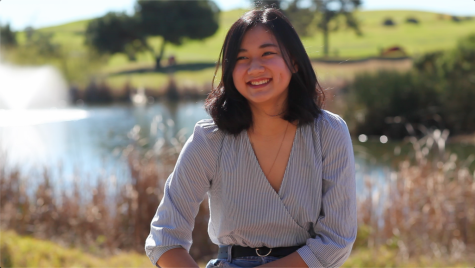
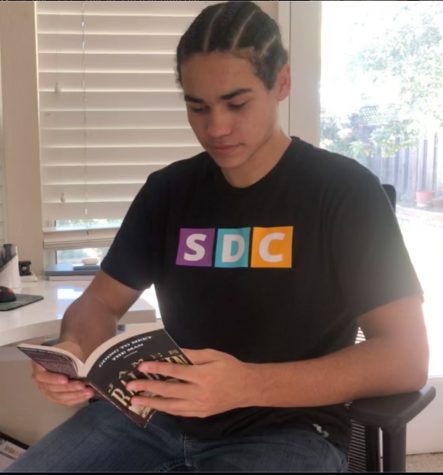
![“When I came into high school, I was ready to be a follower. But DECA was a game changer for me. It helped me overcome my fear of public speaking, and its played such a major role in who Ive become today. To be able to successfully lead a chapter of 150 students, an officer team and be one of the upperclassmen I once really admired is something Im [really] proud of,” Anvitha Tummala (21) said.](https://harkeraquila.com/wp-content/uploads/2021/07/Screen-Shot-2021-07-25-at-9.50.05-AM-475x314.png)
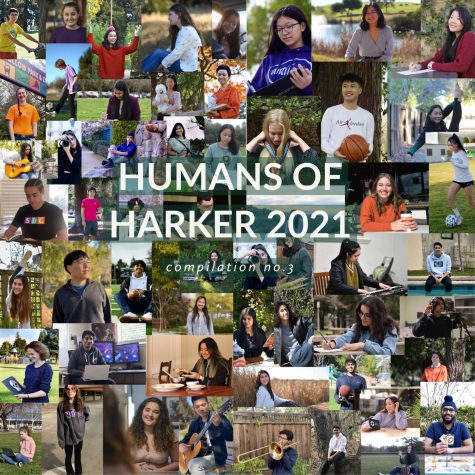
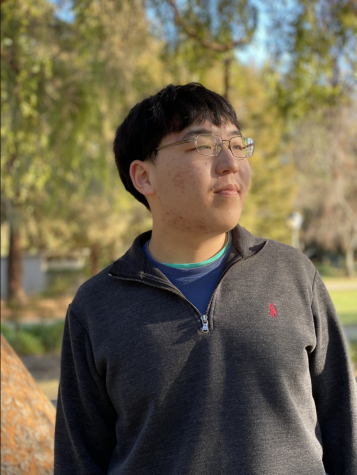
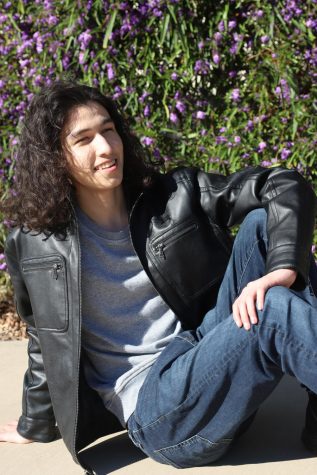
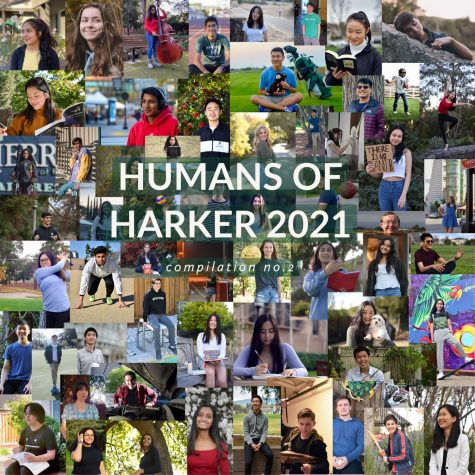
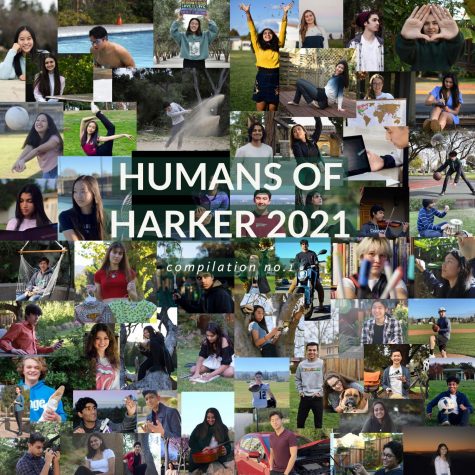
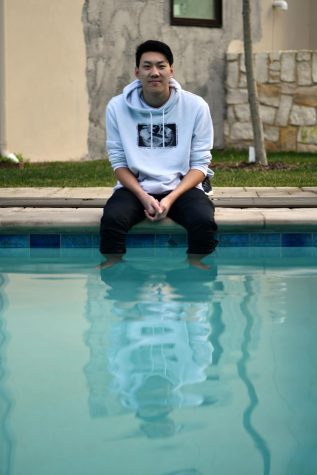
![“Playing football, being a DECA mentor and leading spirit rallies ... I always had a lot of fun doing it, but it was only around the second half of junior year to now where I’ve witnessed the impact that I’ve made not only to my friends but to the underclassmen Ive worked with,” Rohan said. “[Its] something that I never expected but it makes it worth it, Rohan Varma (12) said.](https://harkeraquila.com/wp-content/uploads/2021/06/rohanvarma_sabrinazhu_hoh-475x317.jpeg)
Winston H Chen • Apr 15, 2021 at 3:48 pm
Helen, thank you so much for your wonderful, insightful and touching story. You have a tremendous writing talent.